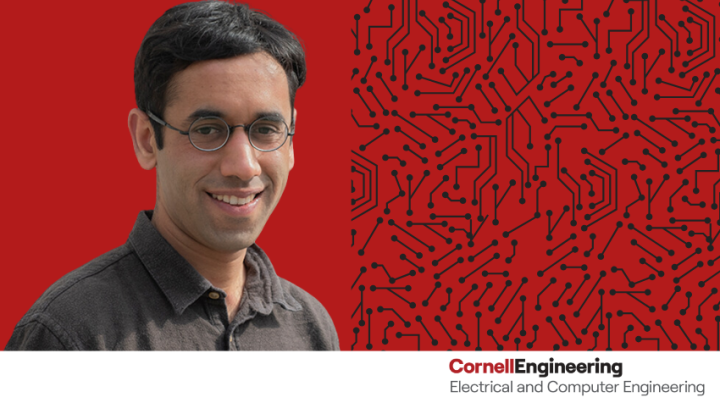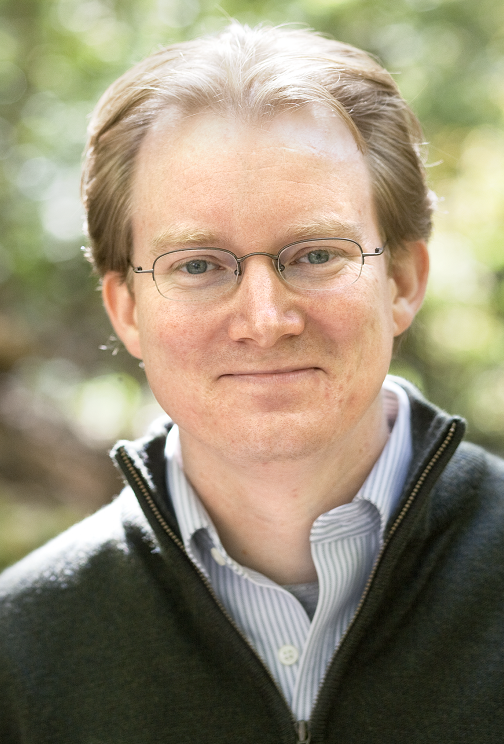by Jackie Swift
Around 50 years ago, Gordon Moore, chief executive officer of Intel, predicted that every two years the number of transistors a microchip could contain would double. Known as Moore’s Law, that prediction has held true for decades, leading to a steady increase in computer performance. The ability to double transistors at a breakneck pace, however, is finally ending. The computer industry is scrambling to find another way of ensuring the big technological advancements the world has come to expect.
“Technology scaling always provided improved performance and efficiency,” says Christopher F. Batten, Electrical and Computer Engineering. “But now as a consequence of the end to Moore’s Law, people are thinking of other ways we can get that benefit. Things are becoming more and more interesting.”
Read more on Cornell Research



